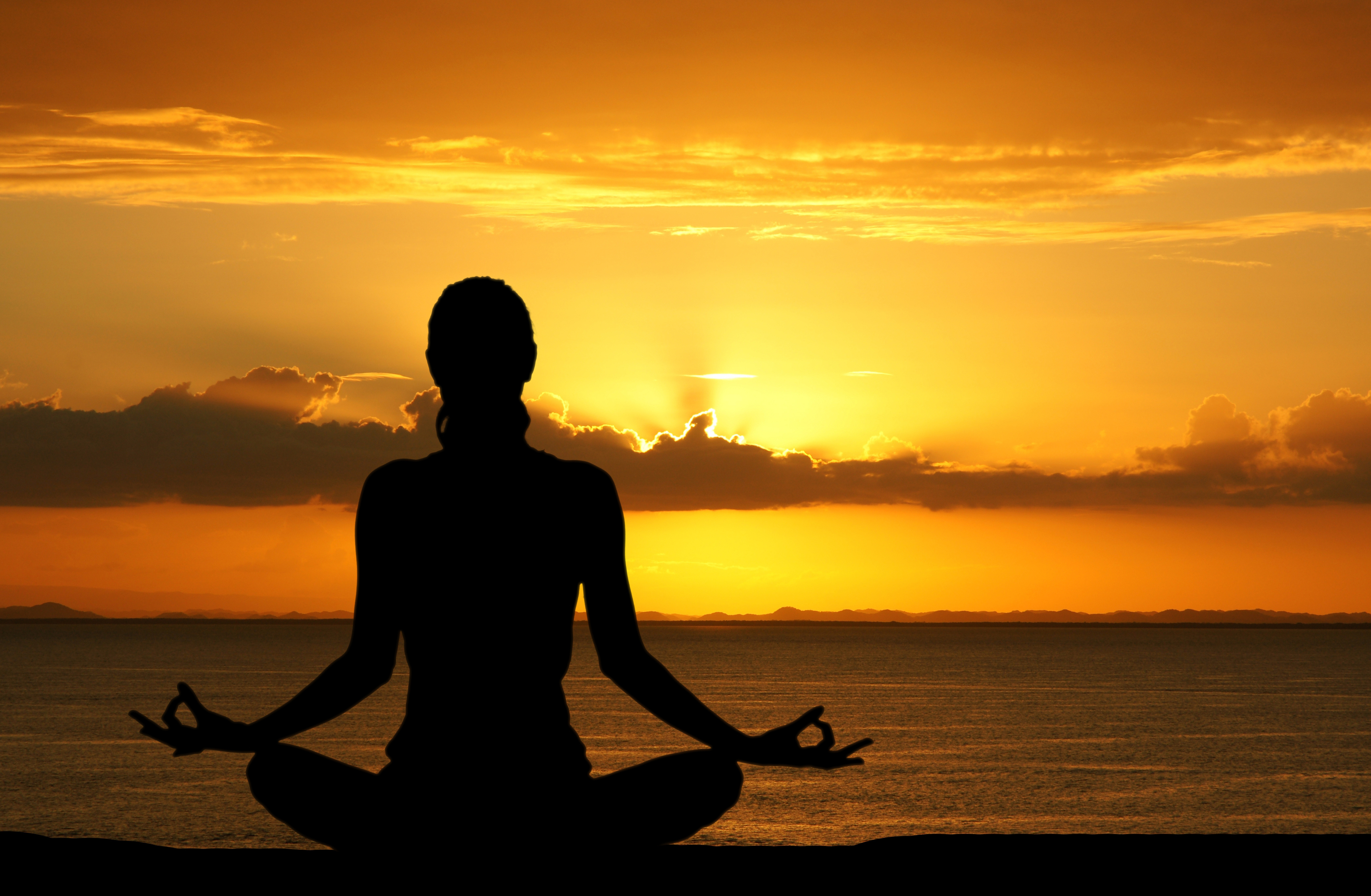From Addiction to Zen: The Benefits of Meditation and Yoga for Addiction Recovery

Addiction recovery is an ongoing battle. It’s hard to ignore what your body demands when your mind knows that it’s the wrong thing to do.
While there’s no magic pill that will make recovery a breeze, using meditation and yoga for addiction recovery is good for both your body and your mind. No matter what your skill level is, these practices can help you heal.
Read on to find out how meditation and yoga have been linked to successful recoveries.
Benefits of Meditation for Addiction Recovery
Whether you do a ten-minute guided meditation or just focus on your breathing for one minute, meditation is an excellent way to become more aware of your body and your mind.
You won’t just feel better mentally. Check out these physical benefits:
Lower Your Cortisol Levels
Cortisol, the stress hormone, has a negative effect on your body in high volumes. Being constantly stressed out can lead to things like panic attacks, depression, and even weight gain.
If you practice meditation over a long period of time, you’re telling your body it’s okay to relax. Your cortisol levels will decrease, which finally lets your body heal.
Control Your Cravings
Saying no to constant cravings is a familiar step in addiction recovery. It can be hard to separate from what your body wants.
Meditation teaches you to clear your mind and focus on one thing, like a positive vision for your life or a sound. Practicing this constantly will help you control your thoughts even when you’re not meditating.
Places like Lincoln Nova Recovery Center encourage reflection as part of the recovery process for this reason.
Benefits of Yoga for Addiction Recovery
Maybe it’s hard for you to be still and meditate for long periods of time. Yoga can give you the same space to be reflective while also moving and stretching your muscles.
By the way, you don’t have to be super flexible or a certain body type to take up yoga. Everyone can practice!
Connect with Your Body
It’s common for people who are recovering from addiction to have bad relationships with their bodies. It’s hard to want to love and connect with your body when you feel like it’s constantly betraying you.
Yoga can help restore this connection in a healthy way. As you’re challenging your body physically, you’re also building focus and becoming more aware of the way your body moves.
Improve Your Mood
There are a lot of obvious physical benefits that come from yoga, like becoming stronger and more flexible. To top it all off, yoga can improve your mood, too.
Just one class can change your brain chemistry immediately, releasing more of the hormone that combats depression and anxiety. Over time, a regular yoga practice can give you a more positive outlook on life — which can help you feel more optimistic about your recovery.
Practice Mindfulness
Whether you choose to take up yoga, meditation, or both, being more mindful can work wonders in your life. Meditation and yoga for addiction recovery can’t take the place of seeking out professional help, but they can definitely help make your recovery process easier.
Don’t stop here — discover more ways to practice mindfulness and become more aware of your body
